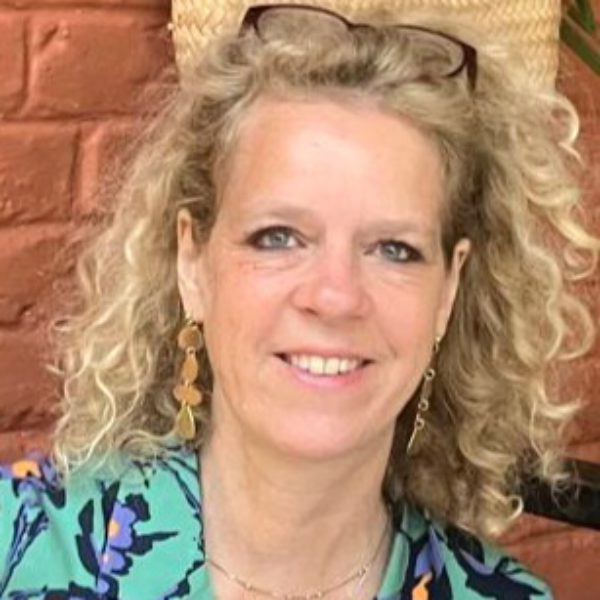The global population is projected to increase from 8.1 billion in 2024 to 10.2 billion in 2100. Most of this growth, particularly after midcentury, will take place in sub-Saharan Africa. In light of this boom, historical demographers of Africa are debating the colonial roots of African population growth. How have mortality and fertility been influenced by European colonial rule? Simultaneously, increasing awareness of global health inequalities both regarding unfair outcomes and knowledge structures has led to questions about the legacies of colonialism and how to counter historic injustices. There is a need for holistic historical perspectives. However, although population and health are intricately connected, African historical demography, and the history of medicine, health and healing of Africa have remained largely detached fields. In this project, I explore fresh avenues for historical research that synergizes the strengths of these and other relevant fields in order to advance long-term understandings of African histories of population and health. I specifically try to understand how colonialism and newly emerging forms of medical pluralism in nursing and medical practices, i.e. the intermingling of biomedical, missionary, and local practices, have influenced both maternal and infant health and population in four (semi) rural localities in Malawi and Uganda.

